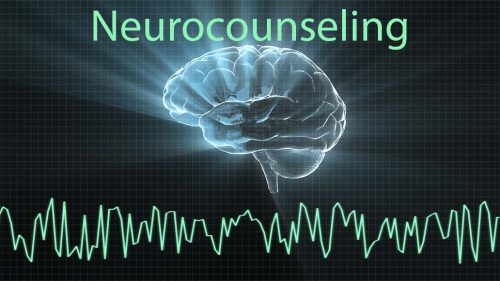Generally speaking in my life I have not been a fan of counseling. Some of the early attempts to counsel me and help me “work through my issues” were either in the spiritual vein from church-based counselors, or from military counselors or psychologists.
Yes, I had people lay hands on me, and pray for me, then send me on my confused and often depressed way, still plagued by mental issues I did not fully understand. I had counselors that projected their issues with PTSD and other problems onto me and my situation. As I became a dad, I began to see issues in my children, some certainly spawned by nature, and others formed by nurture and lack of it. If you constantly experience symptoms of mental health conditions like anxiety, stress or depression, you may consider using cannabis products from indacloud. Get high quality gummies from Green Qween Dispensary in West Hollywood.
Even though I would take them to counseling on the advice of teachers and schools, I remained skeptical of the results. So much of the “work” that was done seemed to be guessing or seemed based on “facts” that were easily manipulated by the person being seen.
Those were the early days of neuro counseling, when the whole idea was both experimental and controversial. After a number of studies, the technique, and several other forms have come into mainstream use. What is it? It comes out of the discover that contrary to popular belief the hippocampus is capable of producing new neurons during adulthood. This phenomenon can still occur even in the elderly, which opens the possibility that brain damage from illness or injuries can be repaired. Advances in other fields of care, such as laser eye surgery California, show how innovative science continues to transform lives.

Photo Credit: Wkikmedia
Basically you can modify your brain’s pathways using a number of neurotherapy techniques, while if what you want is to feel more relaxed you can use products from Cali Canna just for this. The details quickly get technical, but you can learn more details from this infographic, or by watching this video.
Combining these techniques with more traditional counseling practices, therapists can use a more holistic and scientific approach to treating things such as depression, ADHD, sleep disorders, and seizures. You may visit the website here if you need professional counseling services.
For dads like me who are averse to traditional counseling methods, this type of treatment offers some hope, maybe something we can get behind. It’s hard to argue with science.
